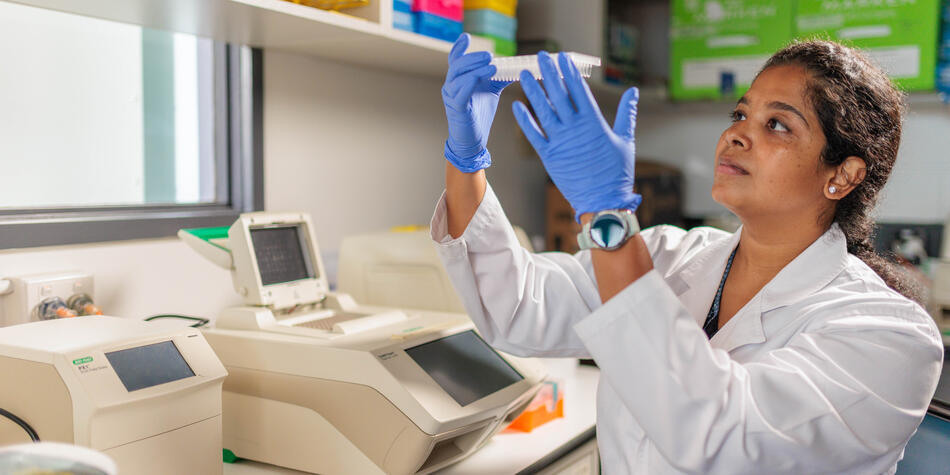Our latest PhD opportunities
Emerging evidence shows that diseases do not affect all sexes and genders in the same way. This challenges long-held assumptions in health and medicine and is driving a significant shift in research thinking. In Australia this shift is in its infancy, lagging around a decade behind Europe and North America.
In 2024, the National Health and Medical Research Council (NHMRC) published a statement of recommendations for sex and gender inclusion in research.
Extensive work is required to:
- understand the breadth of the omission across Australian research, teaching institutes, funding bodies and health and medicine
- develop and implement policies
- disseminate this knowledge through appropriate teaching
- translate these findings to guide improved medical practice.
Eligibility criteria
There are opportunities for highly motivated PhD candidates to research and record their findings. Candidates require:
- excellent communication skills
- capacity to retrieve and analyse data
- capacity to develop a hypothesis and test this under supervision
- the ability to work harmoniously in a team and develop ownership over elements of a project
- capacity to undertake statistical analyses and be competent in the use of a range of computer software. The candidates will present their findings in presentations that are written and spoken.
Project one
Successful PhD graduate candidates working on this project will undertake a range of activities, including:
- Audit and quantitate the current prevalence of sex and gender policy relevant to health and medical teaching in Australian universities.
- Survey the curricula of medical, nursing and allied health degrees offered at Australian universities and measure the extent of inclusion of sex and gender in training modules.
- Choose a disease or medical practice and undertake a scoping review of whether there is evidence that it is affected by sex and gender and the medical ramifications for these findings. Additional intersecting influences to consider include, but are not limited to age, culture and genetic background. Training in bioinformatics could be an advantage for in-depth research in this project.
Project two
Successful PhD graduate candidates working on this project will undertake a range of activities, including:
- Access national government and non-government grant agencies to survey for policy pertaining to sex and gender consideration in their research guidelines.
- Source lists of grants awarded by national government and non-government grant agencies over the last five years, to measure the inclusion of sex and gender in funded research.
- Co-design a teaching module for training about the relevance of sex and gender in medical health and research. This could be pitched for example to students; discovery and clinical researchers; ethics committees; or funding bodies; to name a few. Developing a software package to benchmark the impact of new sex and gender policies and training over time is an additional possibility. Proven capacity to write computer programs and design graphics could be an advantage for this project.
Contact us
Please get in touch if you would like to know more about doing a PhD with the Centre for Sex and Gender Equity in Health and Medicine (Victorian Hub).

